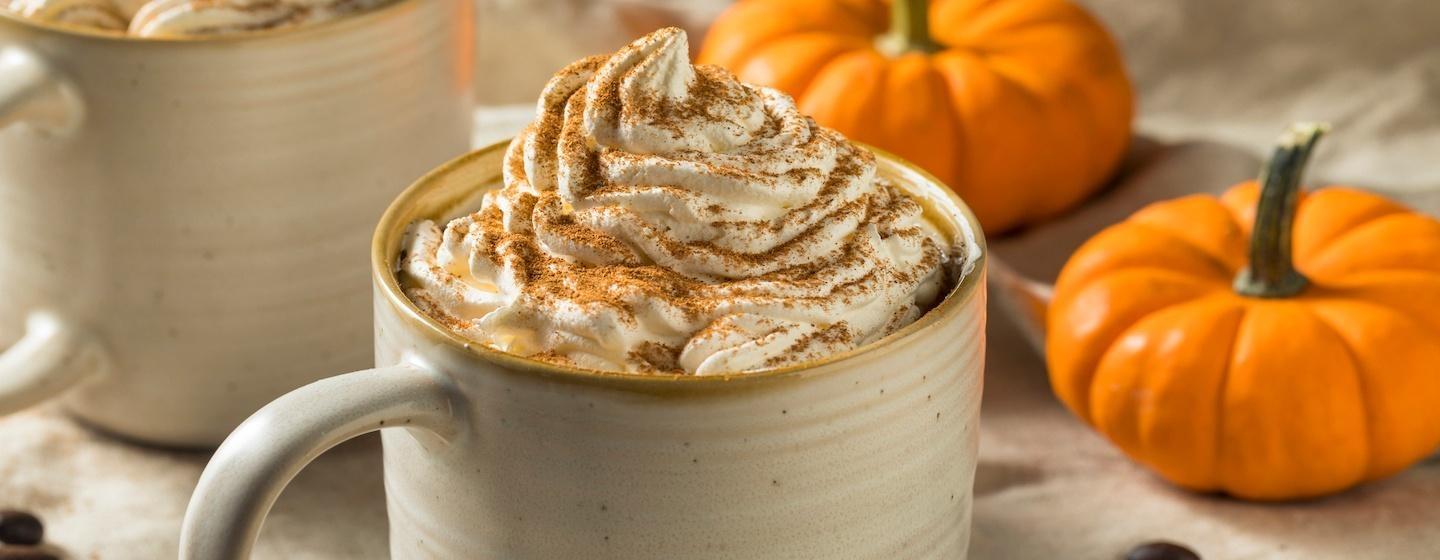The Science Behind Pumpkin Spice


I don’t know about you, but I’m happy when pumpkin spice season comes around.
Yes, you can call me a victim of shrewd marketing, but I know I’m not alone (actually, I think my friends love pumpkin spice also, but they just won’t admit it).
But it turns out, there’s a lot of science behind pumpkin spice. Yes, marketers have capitalized on it, but we’ll get to that
“Pumpkin spice is a novelty smell because you don’t smell it very often and it’s usually a pleasant smell” explains Dr. Gabriel Keith Harris, director of Undergraduate Programs in the Department of Food, Bioprocessing and Nutrition Sciences at North Carolina State University. “Combine that with the fact that the part of the brain that processes smell is closely tied to the part of your brain responsible for memories and you have part of the secret to the success of pumpkin spice.”
And it makes sense. Think about how the smell of popcorn triggers memories of movies in the theater or the smell of a hotdog triggers memories of camping or baseball games.
"Your brain fills in the gaps between the scent of the spices and the memories associated with the smell," adds Harris. “It takes in everything we're seeing, hearing, smelling, touching and tasting, and it combines those sensory inputs with what we already know and believe about our environment.”
It’s why food is such a powerful driver of emotion.
Of course, the irony in this story is that the powerful smell of pumpkin spice isn’t really the smell of pumpkin.
Our favorite round, orange sign of the season is a member of the squash family (pumpkins are also a fruit) and pumpkins don’t smell like baking spices on their own. Pumpkins also taste from bland to bitter. What you’re smelling and tasting is a combination of spices, including cinnamon, ground ginger and nutmeg
Here’s the other part of the story. That pumpkin spice craving is also all about the timing.
“Pumpkin spice plays on what’s known in psychology as reactance theory, which refers to the idea that people will want something more if they are told they cannot have it” adds Harris. "The seasonality of it is really intentional. If pumpkin spice were available year-round, it wouldn’t trigger such powerful memories and people wouldn’t want it as much.”
There’s also the thought that people don’t want to miss out. They want to be part of something.
“If you add it all up, the powerful ability of smell to summon up old experiences becomes a mental transportation device, shifting you from summer to fall and it becomes an event people want to be part of,” said Harris.
Which for me, is ok. I’m going to go get a latte right now.
Cheers!